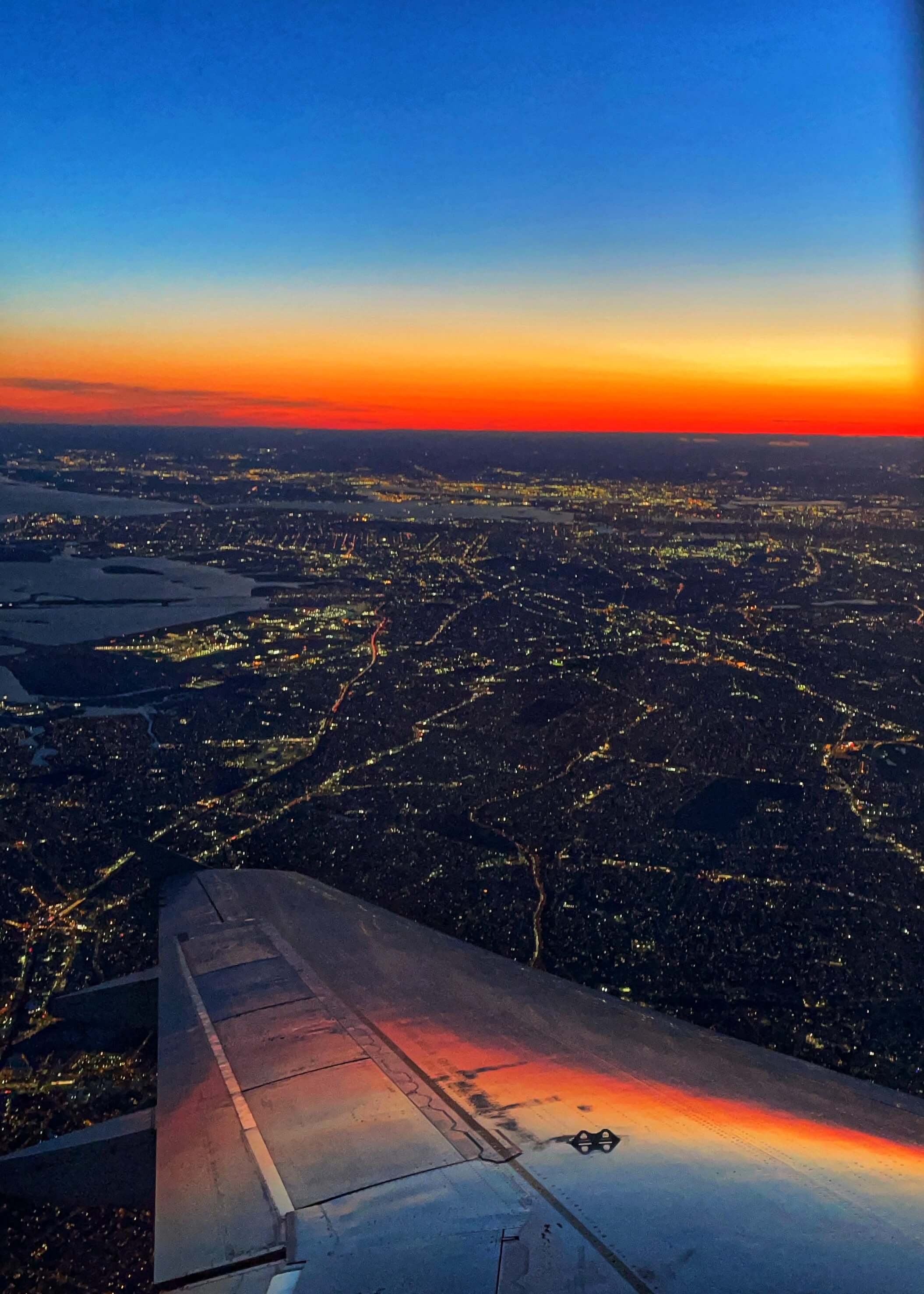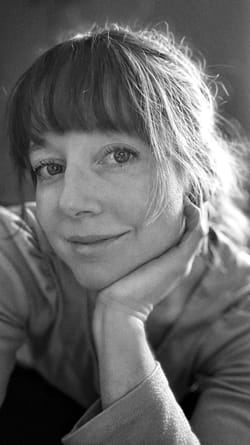“Live in New York City once, but leave before it makes you hard.” -Baz Luhrmann
There’s a thing in New York City known as the “Subway cry,” the act of crying profusely, publicly on the Subway, while no one pays any attention to you. Most people have their first Subway cry after a breakup. I had my first Subway cry after I told my little corner of the internet that I was breaking up with New York City.
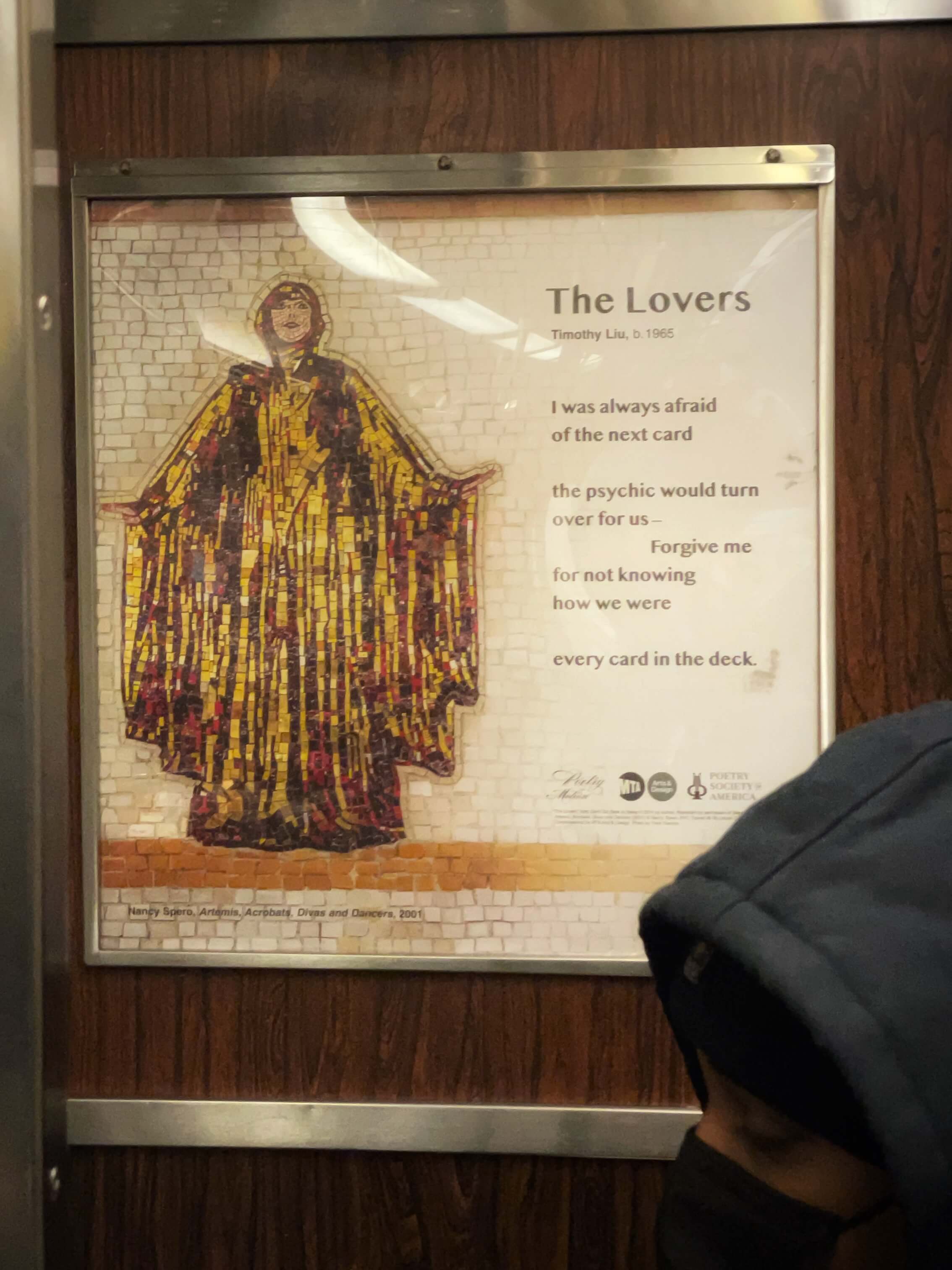
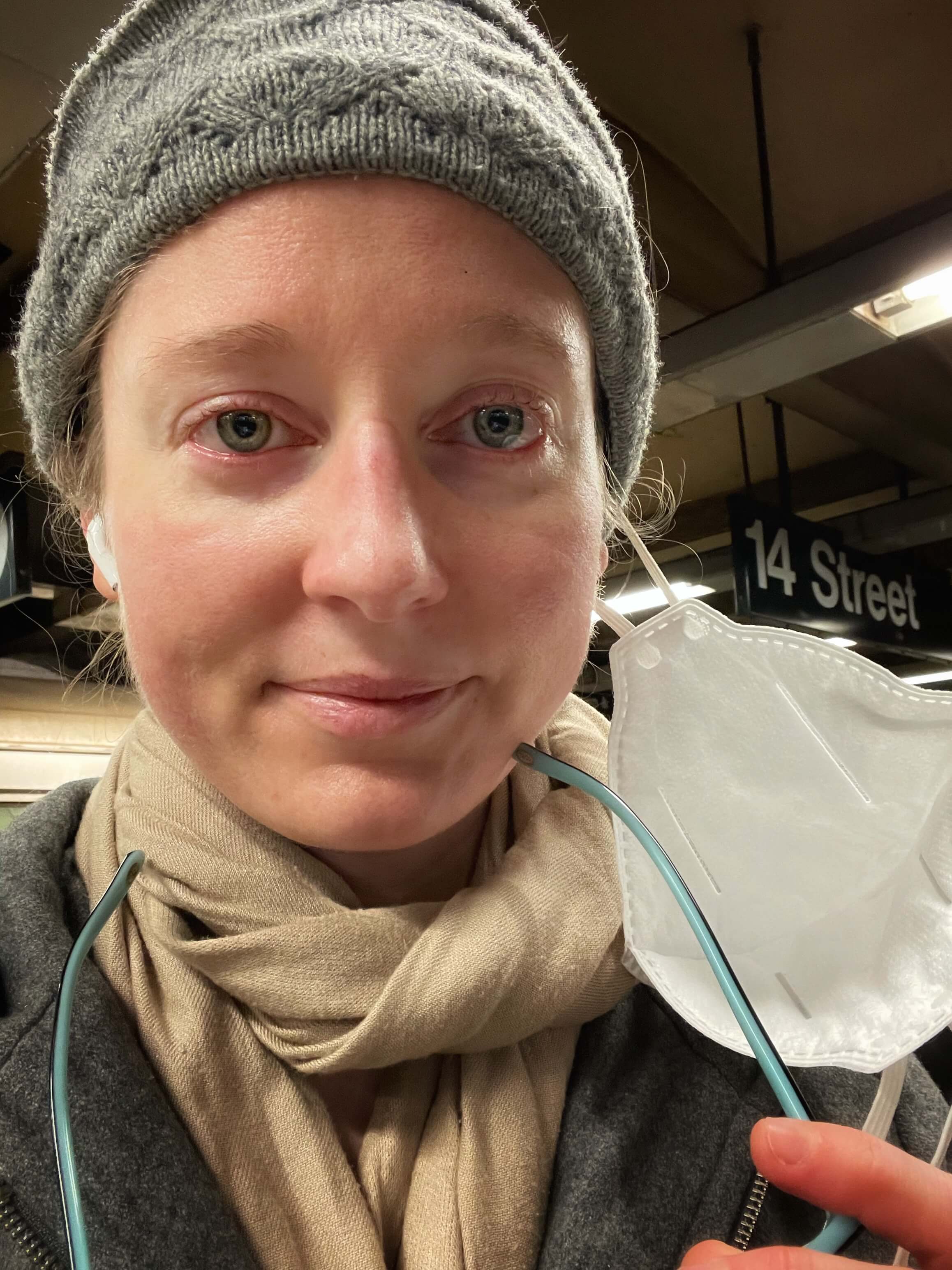
The least out-of-the-ordinary sight you will see on the NYC Subway is me crying. I cried behind my sunglasses to hide not from others but from my self-flagellating shame.
“Who knew my first Subway cry would be because of me?” I thought as I transferred from the A to the L at 14th Street. “I should break up with her. Too bad I can’t. I need marriage counseling for myself.”
It was the peak of my “what am I doing?” moment in leaving NYC. I was crying because I didn’t understand how my life had unraveled to this point. I was living the dream, and now I was leaving it – willingly – behind? My misery was rooted in how I felt about myself at the time – I loathe myself – and how terrified I was about the uncertainty of what was to happen next. What is going to happen to your career? The tears felt like the evidence that I had made a horrible, no good, very bad mistake – one that I was too far into making to change course.
It’s not easy to move out of NYC but it is certainly more straightforward than moving in. In fact, New York City is so notorious for how difficult it is to move in, I almost didn’t leave at all. If you leave, it will be too hard to come back.
But there was no way that my landlords would allow me to sublet my apartment for an indefinite period of time, so the decision was made for me. I weighed the option of moving my things into a storage unit out on Long Island, or moving them across the country to my parents’ basement. Financially, if I planned to be gone from New York for less than two years, it made sense to move my things into storage. More than two years, and the costs would flip in favor of my parents’ basement. In the end, I decided on the basement.
See, I knew I was taking what was best described as an adult gap year, but I wasn’t exactly committed to the “year” part of it. Originally I told people that I was taking a sabbatical, but then they wanted to know "from what?" From where was I a professor, and when would I be returning? No, it wasn’t a sabbatical, it was the gap year I should have taken in between high school and college, but now, after a decade of being in the workforce – more than half of which was plagued by health issues – it carried a weightiness to it, a sense not of privilege but of something I had to do. I needed to heal, and I didn’t know how long that would take.
"What I know for certain," I wrote in my announcement on Facebook, "is that I won't come back until I've figured out how to live (and work) in a way that doesn't kill me."
My health issues involved multiple surgeries and procedures, all of which returned inconclusive as to the root cause of my symptoms. My body felt like a ticking time bomb. There was no knowing when it would go off, only that it would. I reached the conclusion that maybe it was me. It was the only hopeful conclusion I could come to. I could continue to write the narrative the doctors prescribed me – medical mystery – or I could take the blame, and thus take my healing into my own hands. Faced with being the faulty product – there's no warranty on the human body – I decided to hit the reset button and hope for the best.
Did I want to schedule my healing into a tight 12 months? Sure. But inside I knew that the point of this entire endeavor was to free myself from the chains of my own existence, the habits and routines that had made me sick.
It might sound crazy to give up everything I had worked for in New York, but it didn’t feel crazy – it felt like I had to. It felt like a matter of life or death.
Still I doubted the choice that I was making. There’s something about New York City that puts its hold on you and keeps you there, even long after you’ve realized that maybe you’ve outgrown it. Part of me wonders how many people stay in New York out of fear of losing everything they fought so hard for. If you can make it there you can make it anywhere but why would you, New Yorkers ask, go anywhere else?
After I left New York, tears were a regular visitor. And yet there was a little voice inside of me whispering, "what if your life is out there waiting for you to stop working yourself to death and live it?"
I had a lot to lose. I was giving up my dream apartment in my dream neighborhood. I was giving up a successful freelance career, and the dream of running my own production company which I had built and grown just before the pandemic. I was giving up a relationship. I was giving up friendships. I was giving up my identity. A few years back I had proudly posted on Facebook that New York was the first place I had called home since I was 14 and dragged kicking and screaming from the place where I grew up in California. Now I was posting on Facebook that I was giving up my home. I was giving up.
And that’s the emotion that I think keeps people in New York. This sense that if you leave, you’ve given up, and by extension, failed. That “making it” in New York doesn’t count if you don’t stay. “Making it” is like a badge of honor you have to earn again and again each year.
Who will you be if you are no longer the person "making it" in New York?
That was what I had to find out. Because somewhere, in all of the making it, I forgot how to live. I wasn’t living. I was barely surviving. I had a calendar with as many doctor’s appointments as it did social engagements, because my health was not making it, and neither was my social life, not after the pandemic and the skyrocketing cost of living in the city. I was tired of spending tens of thousands of dollars each year only to be confined to an apartment. I was tired of spending tens of thousands of dollars each year only to have doctors tell me that they weren’t sure why I was sick. I was tired, and I wasn't sure what the point of it all was anymore. Who am I and what matters to me?
Burned out and broken down, I woke up one day with the clarity that it was time to make a change. I started to hash out my escape plan. An early retirement, I joked, since chances were with my health I wouldn't make it to retirement anyway. The "Not Dead Yet" World Tour! Some people would call it a quarter-life crisis, but to me, it felt like the farthest thing from a crisis.
A crisis was where I was. Where I was going was a renaissance.
I was already broken, and now I was taking a break to make myself whole.
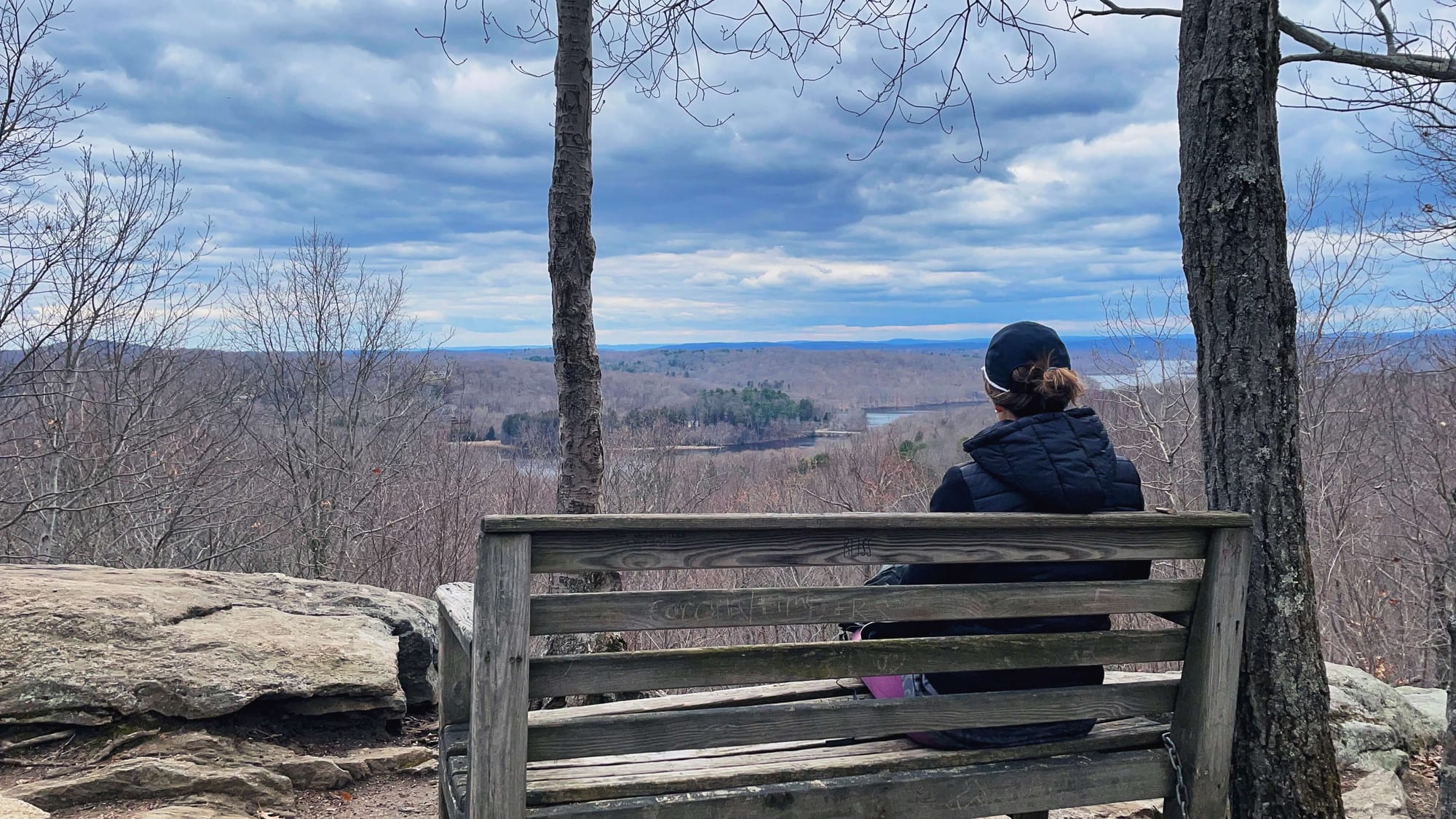
A few days before the big move, I ventured upstate to say goodbye to a friend who had decamped there for the pandemic.
"It's not very pretty this time of year for a hike," she apologized.
But it was fitting. I was in winter, waiting for the season of my rebirth.
Once I made the decision, I felt an energy, an excitement, that I hadn’t felt in years – maybe since the early days when I first moved to New York City. If I could get that feeling back about NYC, I would have stayed. But I couldn’t. And that’s how I knew it was time to leave.
How I knew it was time to leave was when the idea of what my life could be somewhere else became the only reason I got out of bed each day.
I thought the tears on the Subway were because I had made a mistake, but actually the tears were evidence that I had stayed in the relationship too long. They were grief for what had been, and was no longer, and they were the affirmation that I was looking for that it was time to leave. That’s how I knew.
